At Scale, In All Countries, Free of Charge: A People's Vaccine
Guest
Written by Alena Ivanova, Campaigns Officer at Global Justice Now
As the UK is preparing to proclaim the Covid-19 pandemic over and drop the minor inconveniences of wearing a mask or socially distancing, the world is still on fire.
In Uganda, where in recent weeks there has been a spike in cases, ICU beds and oxygen have run out in public hospitals. In Indonesia, medical specialists on the ground estimate at least 100 thousand new cases a day with tragic consequences for thousands of families. Countries across the global south are reporting similar worrying trends. Some adopted strict restrictions at the beginning of the pandemic, some have been mired in chaos - what unites them all is the worsening of the crisis they’re fighting since the arrival of the Delta variant. And why are we not seeing the same here in the UK? Our vaccination rates. The vaccines work to bring down hospitalisations and deaths, at least for now.
But globally, the success of the UK and other developed countries is of little consolation. Only 2 percent of Africans have had the vaccine. In Indonesia, that number is 5%, same as in India. For every 1 vaccine administered in a low-income country, 117 doses are given in rich economies. The World Health Organisation established the COVAX programme aiming to give all participating countries equal access to developed vaccines and treatments, regardless of income levels. Despite its modest ambition to ensure all participating countries achieve a 20% vaccine coverage of their populations - enough for those most exposed and vulnerable, the initiative has faltered. None of the market leaders - Pfizer, Moderna, Johnson& Johnson or even Oxford-AstraZeneca have joined in. Instead, individual governments have been allowed to scramble for their own contracts, thus ensuring that those with the biggest budget and stakes in the pharma industry have bought out all available doses. They then proclaim their commitment to ending the pandemic with paltry donations that are always too little too late.
On top of that, intellectual property regulations mean despite the huge public investment into the development of all the existing vaccines, private companies are in charge of the technology and know-how and can decide which manufacturers they want to work with to deliver the end product. Numerous facilities across the world have come forward ready to produce more doses that are urgently needed - but Big Pharma are saying No to keep maximum profit. For the last 9 months, an initiative led by South Africa and India has been making the waves through the World Trade Organisation trying to get backing from all members to temporarily suspend certain aspects of the TRIPS agreement (Trade-Related Aspects of Intellectual Property Rights). Unsurprisingly, those same governments with the big stockpiles, including the UK, the EU, Canada and a handful of others are blocking the proposal.
The People’s Vaccine is a growing movement of health and humanitarian organisations, past and present world leaders, health experts, faith leaders and economists urging that all safe and effective vaccines developed must be produced rapidly at scale and made available for all people, in all countries, free of charge. Our five demands recognise the damage current IP rules cause not just on vaccine production but also effective treatments and equipment against Covid-19. We also call for global investment into universal and equitable public health systems to make sure nobody is priced out of health.
It is difficult to process what we are collectively living through - and the impact on our families, on our wellbeing and mental health and our ability to support ourselves will continue to be felt for a while. Vaccines are not a complete solution, they will not bring back those who lost their lives or eradicate the virus completely overnight. However, apart from being a major practical tool for dealing with the pandemic, they also symbolise what we’ve got right - and all that we’ve got wrong in our pandemic response. The covid-19 vaccines showed the world what public investment and scientific progress can do in short amounts of time to tackle a catastrophe. They also showed us that our system is rigged - it puts profit over human lives every single time.
If we win the fight for a people’s vaccine at this moment in time, it will be that much harder for corporations to charge extortionate amounts for life-saving drugs in future. It will be that much easier, in future pandemics that are surely coming, to call for global solidarity and cooperation instead of competition and borders. It will show that elected representatives can and indeed must challenge multinational business interests. That nothing less will do. And looking ahead at the biggest threat to humanity which is surely the climate emergency, fighting for internationalist solutions that protect the most vulnerable and wrestle power away from capital is our only hope. Because no-one is safe until we are all safe.
Things you can do:
- Support our campaign - you can sign petitions, write to your MP, get snazzy stickers to promote our message and much more: https://www.globaljustice.org.uk/our-campaigns/pharma/we-need-global-access-to-covid-19-vaccines/take-action-for-a-peoples-vaccine/
- Follow the People’s Vaccine coalition and spread the word
- Learn more about the pharmaceutical industry and the fight for global access to medicines.
To complement the exceptional books listed below, here are some shorter recommended reads:
"The Horrible History of Big Pharma", Global Justice Now:
https://www.globaljustice.org.uk/resource/horrible-history-big-pharma/
"Fighting for a People’s Vaccine - a supporter briefing", Global Justice Now:
- https://www.globaljustice.org.uk/resource/fighting-for-a-peoples-vaccine/
"The People’s Prescription - Re-imagining health innovation to deliver public value" by Mariana Mazzucato et al.:
Linked Books
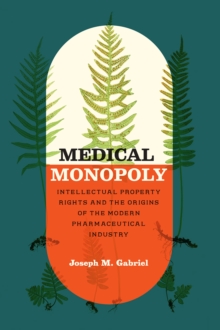
- title
- Medical Monopoly : Intellectual Property Rights and the Origins of the Modern Pharmaceutical Industry
- author
- Joseph M. Gabriel
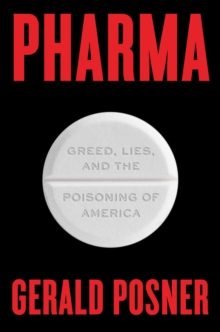
- title
- Pharma : Greed, Lies, and the Poisoning of America
- author
- Gerald Posner
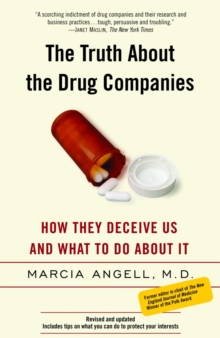
- title
- The Truth About the Drug Companies : How They Deceive Us and What to Do About It
- author
- Marcia Angell
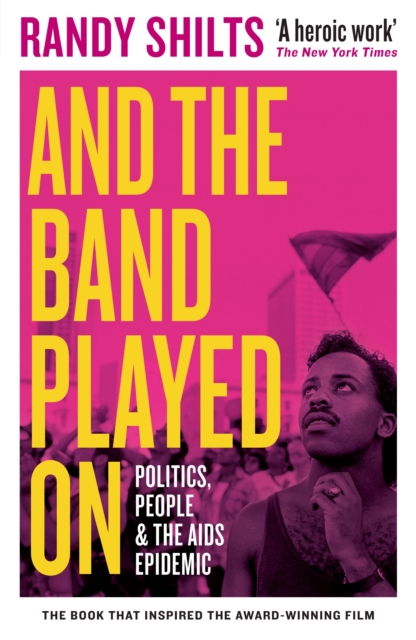
- title
- And the Band Played On : Politics, People, and the AIDS Epidemic
- author
- Shilts, Randy
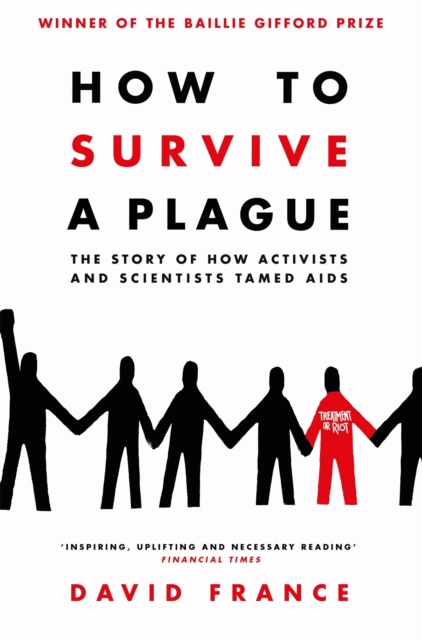
- title
- How to Survive a Plague : The Story of How Activists and Scientists Tamed AIDS
- author
- France, David